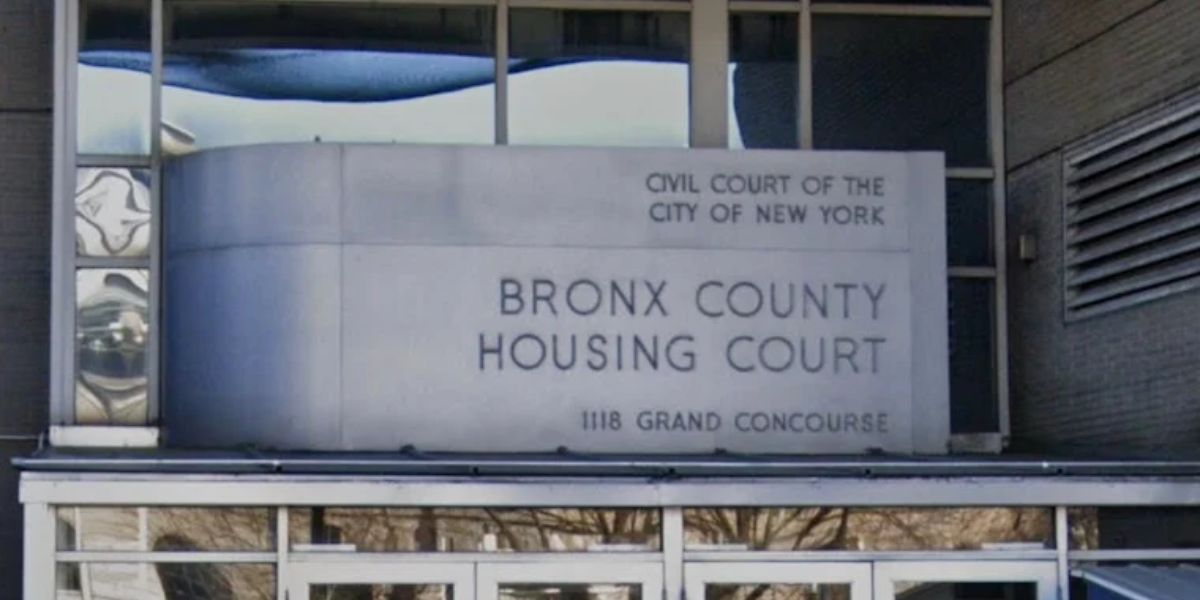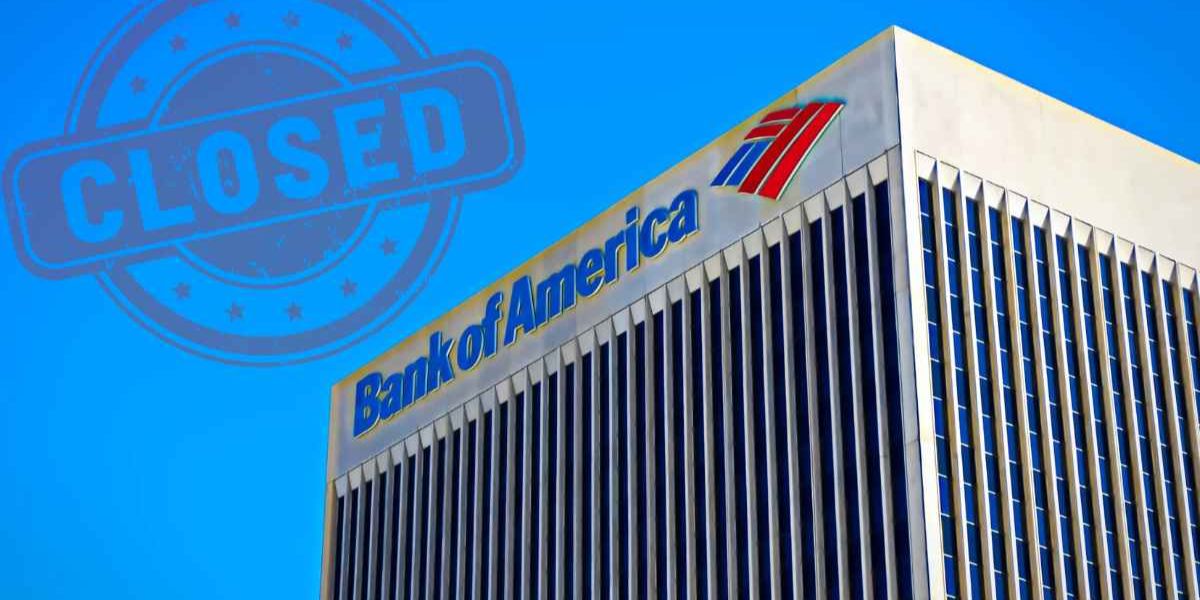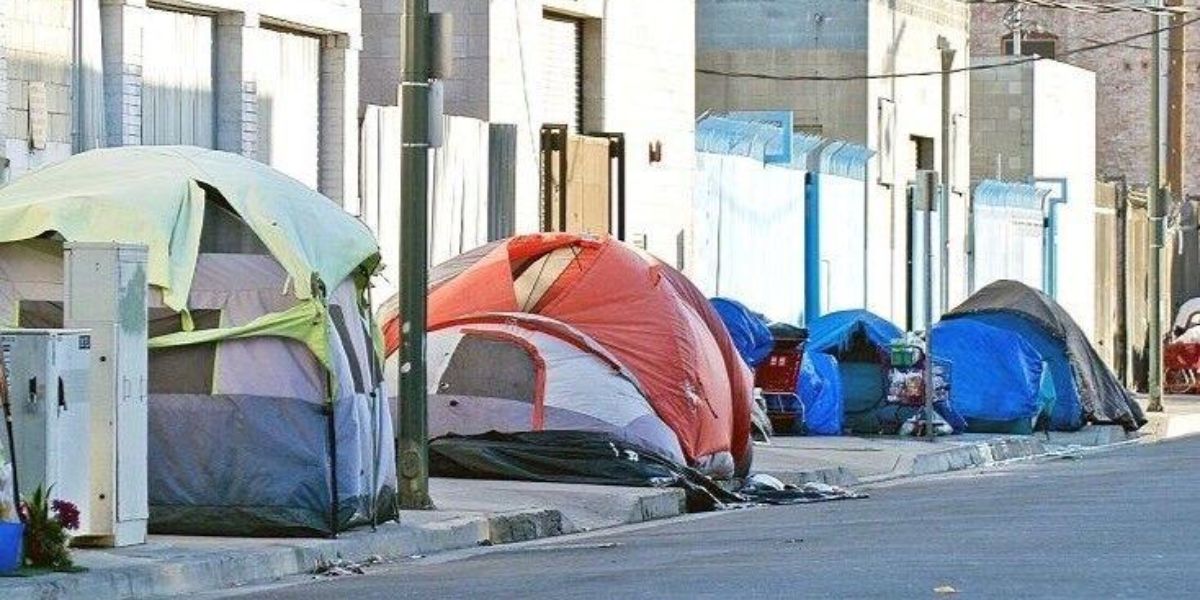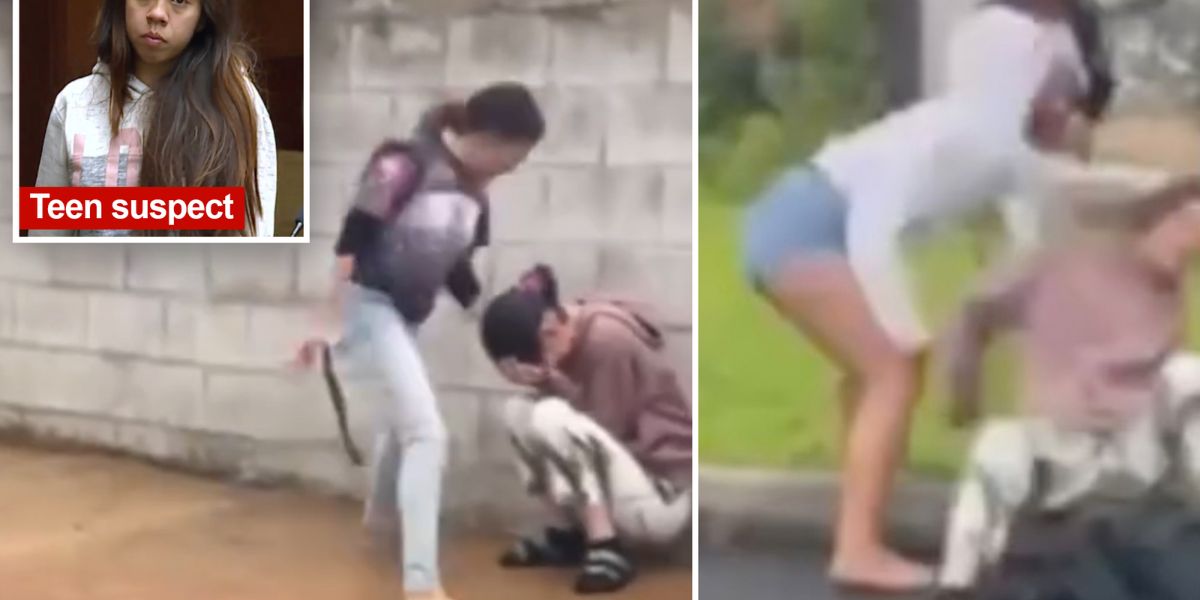In New York City’s landscape of supported housing and the justice system that oversees landlord-tenant disputes, recent analysis and allegations push forward two vastly differing accounts.
Landlords who receive public funds to house vulnerable populations, including former homeless individuals and those with disabilities, have reportedly sought eviction warrants for nearly 300 people this year, as per Gothamist.
The tenants in question occupy supportive housing units that offer additional social services, but face eviction primarily over unpaid rent.
Scrutinizing the supportive housing sector, Legal Services NYC found that 51 individuals have already lost their homes.
This practice involves about 70 providers, with many cases being attributed to unpaid rent. Tenants, who pays 30% of their income towards rent, claimed to have received inadequate support from case managers. Charles Hart Jr., a tenant with health issues leading to rental arrears, told Gothamist, “A lot of people don’t deem us as credible,” highlighting a struggle for respect and assistance.
NYC Landlords Face Bankruptcy Court Surge Affecting Thousands of Rentals
Conversely, City Journal provides a glimpse of the distress small landlords endure due to the current housing court situation. They are often brought into prolonged legal disputes, leading to financial and emotional tolls.
For example, Ilona Itskov, entangled in a five-year struggle with non-paying tenants, describes the effect on her day-to-day life as “completely taken over my life,” exemplifying the challenges faced by landlords in the city’s strained housing court system.
Informing the conversation on housing instability, advocacy groups argue for better government oversight of supportive housing to prevent evictions. The Postgraduate Center for Mental Health, when approached after suing a tenant over $10,900 in rent without disclosing the unit was supportive housing, did not respond for comment, as detailed in Gothamist. Meanwhile, landlords argue that the courts are used as leverage to obtain rental assistance funds, and that moving towards eviction is sometimes necessary to ensure the financial stability of their operations to further help other residents. Pascale Leone, with the Supportive Housing Network of New York, described eviction as a “tragic and very rare occurrence”
The perspective offered by City Journal speaks to the burden legal disputes place on property owners. They note that New York’s system isn’t fair to landlords, as the legal costs and lost income can be devastating, particularly for those who depend on rental income to sustain their living. Agostini, another landlord engaged in a protracted eviction process, spoke to the issue directly, saying, “I feel so failed by a city I’d like to think I’ve supported,” faced with challengingly high legal costs, lost revenue, and property damage.
Finally, calls for reform echo from both sides of the housing court aisle, advocating for an expedited process to ease the burden on all parties.
The New York State Bar Association Real Property Section’s Housing Subcommittee recently recommended hiring additional housing court judges and expanding access to mediation to alleviate the backlog of cases.

 by
by 

